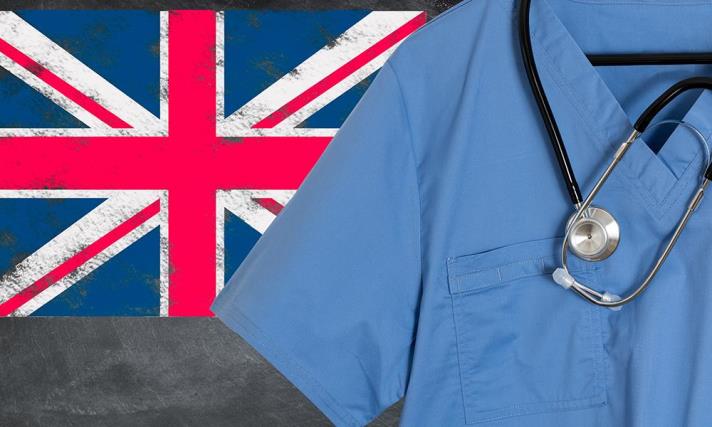
How will Brexit really impact the NHS?
In less than a year’s time, at
We cannot predict the future for certain, but by looking at the latest discussions and information, medical negligence claims experts Tilly Bailey & Irvine Law Firm have set some predictions in place about what may occur.
Boris Johnson: The NHS will get more money
We can’t imagine there is a person in the country who doesn’t know about the infamous Vote Leave bus, with its slogan painted on the side claiming, “We send the EU £350 million a week, let’s fund our NHS instead.”
Accusations were rife that the information was inaccurate and misleading, but Boris Johnson claimed back in January that the estimate was indeed off – but that it was actually too low.
In an exclusive interview with The Guardian, the Foreign Secretary said: “There was an error on the side of the bus. We grossly underestimated the sum over which we would be able to take back control.”
Mr Johnson supported his case by saying the EU contribution for the UK was £362 million a week for 2017/18. However, this would rise to £410 million in 2018/19, £431 million in 2019/20 and £438 million in 2020/21 — which the Foreign Secretary said will be “theoretically the last year of the transition period”.
He did, however, admit that the figure used by Vote Leave was a
Brexit: a major threat?
But not everyone agrees that the departure will benefit the NHS. Ben Bradshaw, an Exeter Labour MP and a supporter of the pro-EU Open Britain campaign, wrote in an opinion column for The Independent that nurse numbers across the country are already falling even before Britain has officially left the EU.
Mr Bradshaw wrote: “The [recent] winter crisis has highlighted the staff shortages in our hospitals, but the damage doesn’t end there.
“Thanks to the collapse in the pound’s value after the Brexit referendum, the health service’s bills for procurement of drugs and equipment ratcheted up. The slight recovery in the pound’s value since then doesn’t make up for the lost months and, in any case, comes nowhere near making up for the post-referendum slump.”
NHS Scotland
There have also been concerns raised regarding NHS Scotland.
As it currently stands, citizens from the UK who live in other EU states are entitled to low-cost or free
The MSP’s report explained: “It has been estimated an additional £500 million would be required to care for the people returning to the UK and it has been hypothesised the NHS would need an additional 1,000 hospital beds.
“This could also have an impact on social care in Scotland, with more care home beds required should Scottish citizens return home.”
MSPs have demanded the following steps be made:
1. The Scottish government to outline exactly how it plans to respond to any financial pressures on the NHS once Britain has left the EU.
2. The Scottish government to detail the work it has done to identify the consequences for the NHS in the event that Scottish citizens indeed do return to live in Scotland post-Brexit.
3. Any new trade deals agreed by the UK post-Brexit to not lead to the privatization of the NHS in Scotland.
The final point was highlighted in particular, with MSPs saying: “The Scottish NHS is different in many ways to the English NHS. We believe it is vitally important the Scottish NHS is allowed to continue to remain free from privatisation and able to continue pushing forward with public health initiatives.
“We recommend to all concerned, including the UK government, that any post-Brexit trade deals should not open up opportunities for privatisation of the Scottish NHS or endanger public health initiatives.”

























